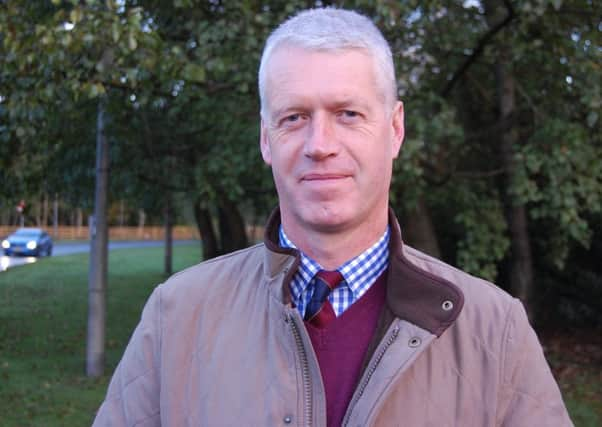Home timber prices starting to strengthen


As well as boosting actual returns, in £pound terms, the devaluation is making timber imports from the Euro zone more expensive.
All of this is good news for the private forestry sector. There seems to be a growing expectation that Sterling will remain relatively weak against the Euro in the run up to Brexit.
Advertisement
Advertisement
Forestry, by its very nature, is a long term business. However, the demand for timber and timber products continues to grow. And this is good news for those farmers and landowners, who continue to invest in trees.
In addition, the costs of new planting are completely covered under the recently introduced Forest Expansion Scheme (FES). Annual payments are available for up to 10 years and plantations above 3 ha in size automatically ensure owners’ official recognition as ‘active farmers’ under the current Pillar 1 CAP support measures.
Forest Service announced, somewhat out of the blue, an interim closing date for the current FES application round of September 12th. This date has now passed and I am not sure how many submissions were received at that stage. However, the final closing date of September 30th remains in place, and I would strongly urge every landowner wishing to plant 5ha of land plus out in trees during 2016/2017 to meet this deadline. As I understand it, this will be the only opportunity to secure grant aid for planting over the next 12 months.
While the principle behind FES is to be welcomed, there are still a number of practical matters pertaining to its implementation which Forest Service has failed to address. Chief among these is the requirement to have all costs paid in full before grant aid is made available. This represents a major difficulty for many landowners interested in establishing a forestry project.
Advertisement
Advertisement
It now looks like the opening of the new Countryside Management Scheme (CMS) will be delayed for a number of months. This, in turn, will put a hold on the smaller scale woodland development grants that will be available under the support measure. So it could well be at least two years before tree planting under the new CMS becomes a reality. This is very disappointing news as the initial indications were that the scheme would be rolled out during the summer of 2016.
Meanwhile, plans to develop the private forestry sector in the Republic of Ireland continue to be rolled out at a significant rate. The Dublin government has made it quite clear that tree planting on a large scale can play a key role in helping the state mitigate its greenhouse gas emission targets while at the same time, boosting the region’s economy as a whole. I see no reason why the Stormont Executive cannot look at similar options, particularly in a post Brexit era.